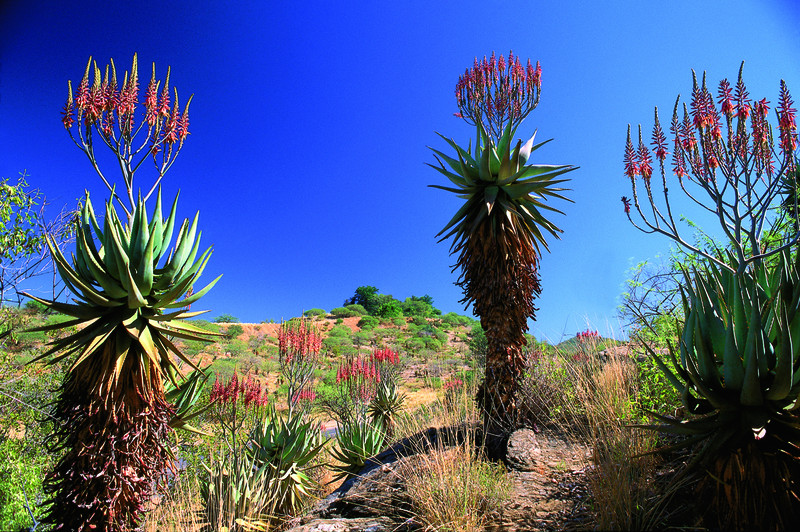The Bakwena are believed to be part of the Tswana-Sotho Groups that emerged between 1000 A.D. and 1500 A.D. According to oral traditions, the Bakwena trace their origins to a man named Malope, the leader of the Baphofo Kingdom of the 10th Century. The kingdom was situated near the Crocodile River, which is northwest of modern day Pretoria. By the middle of the 17th Century the Bakwena had left what is now South Africa in search of fertile land and settled in the area around Molepolole.
By the first part of the 19th Century the Boers (Dutch-speaking white people from South Africa) were trying to establish a free state encompassing part of present-day Botswana. The Bakwena were potential slaves of the Boers and fiercely resisted their advance. Between 1852 and 1854 the Boers were pushing into the area that is now Molepolole. The Mokgwapha (aloe trees) severed as an important strategic advantage for the Bakwena. The Boers mistook the aloe for Bakwena warriors and fired upon them. As the Mokgwapha Legend goes, the Bakwena waited for the Boers to empty their rounds during the day and attacked at night. The Boers were unsuccessful in settling or conquering the area and retreated southward.




